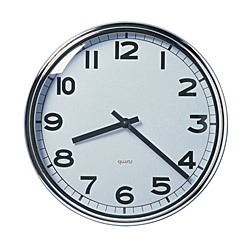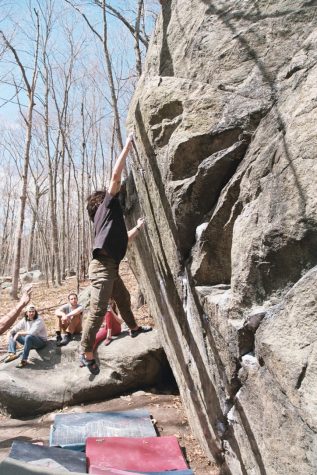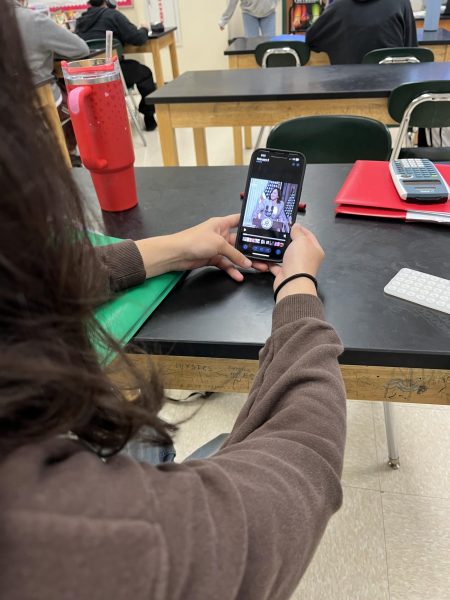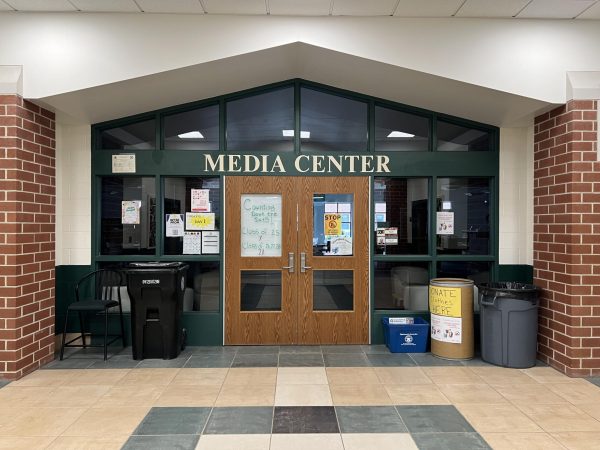Time for DHS to institute study halls

DHS is unique from other public schools in its wide array of classes. However, while there is enough variety for students to choose from when picking their classes, many students find the idea of a free period, or study hall, very appealing. Not only would a break like this assist to lighten the burden for students with heavy workloads and an after-school sport or job, but it would also be a time for students to get extra help from teachers if they are not able to stay after school for the “Homework Hangout.”
Senior Annie Nguyen, who attended New Bedford High School her freshman year said, “I had a freshman seminar class at NBHS and that was basically a study hall. I loved it because I played field hockey and with practices ending late and taking pre-AP classes, I had so much work.” She mentioned that it was nice to have a period where she could just catch up on homework and study.
Dartmouth Middle School has academic support blocks when in reality grades are much more important in high school than middle school. Middle schoolers don’t have half the amount of work that high schoolers have.
Bishop Stang freshmen, sophomores, and seniors have a type of study hall available to students, sometimes depending on if it will fit into a schedule or not.
Free periods, like most privileges that are given, come with a sense of responsibility and trust that is instilled in the students. In the past, students haven’t been trusted by the administration. Therefore, they were not presented with the opportunity to prove themselves worthy of trust.
An honor system for trust and proper school conduct needs to be ratified between the students and the administration. If students feel a sense of liability and maturity, they may feel more inclined to put this block of free time to good use and be productive.
Junior James Casselle’s first worry was about the scheduling. “It would work best when we don’t have the block schedules. But, I don’t think it would really work when we only have four classes in a day.” He elaborated and said, “I mean, you wouldn’t have enough credits, you know.”
A block every day even sounds excessive, so perhaps a deal could be reached within the limits of an A-B schedule, such as the schedules that band, orchestra, and chorus have. This way, students could have either two or three days a week to go to teachers for assistance in studying and make up work. They could also get caught up on homework as well as work on school projects.
History teacher Elizabeth True said, “If it’s just kids doing what they want with no structure, it’s not going to work.”
Because each student at DHS has a different schedule, it can be challenging to meet with a partner with a conflicting schedule for a group project or to study together. On the other hand, if students share free periods, they would be able to meet together to work on their assignments without the added pressure of setting up an out-of-school meeting.
“My experience is often times students have directed study halls and they get passes to go places for example, the art room or the library, to do research,” said Principal John Gould. “I would like to see academic support classes because at the end of the day, it is all about ‘how do we schedule our day to best serve the kids?’ How do we get them help through struggles every day?”
Junior Keegan Espinola said, “I think that study hall should be a class that only the privileged kids can take.” It is easy to say that the students who have the best grades and take the hardest classes deserve study halls. In reality, the students who are struggling to keep their grades up may be the ones who need this opportunity the most.
If a student is struggling in a class, they should feel comfortable going to their teacher or guidance counselor to seek help.
Mr. Gould said, “To me, it’s a question of how do we best serve the students, and it is my job to entertain that question. We have to consider all of the stakeholders and have a conversation.”
Mr. Gould also suggested that we could possibly develop a sense of a directed study tutorial.
Signing up for a directed class that teaches study habits and allows kids to get work done within that period, is setting a standard for students. It would set apart the kids who would want to use their free time to goof off, and the kids who would take advantage of that precious time, be productive, and get work done. It would also assist the students who are struggling in classes to take initiative and work for better grades. Students of the class would also be able to learn valuable lessons about studying and time management that they could take with them throughout college and apply those skills later on in life.
A study hall would be beneficial to students with long days who are busy from 7 a.m. to 11 p.m. with academics, sports, clubs, and/or jobs. A study hall would also be beneficial for the students who are straining to keep up in a class and are willing to work hard for a decent grade.
Considering that a large portion of DHS students would fall into either of the two categories, study halls could be a successful edition to the course selection, as long as credits are given for it or the block scheduling system is removed.
Freshman Jake Sioch said, “I think a study hall would be really useful. Kids could do their homework, catch up on school assignments, and study efficiently with a teacher supervising.”












Nicole Sheahan • Oct 29, 2014 at 4:00 pm
What students have to realize is that study halls do not count toward time on learning (the mandated amount of time students have to be engaged in directed learning), which is why we originally eliminated them. There are schools that “rename” study halls to make them sound like something they’re not, and — though I wholly see the value of study halls — I’m also glad that DHS has maintained its integrity by not having them and then masking their existence with euphemistic names. If DHS can find a way to offer study halls in an honest way, I’d love for our most active students to have the chance to take advantage of them.